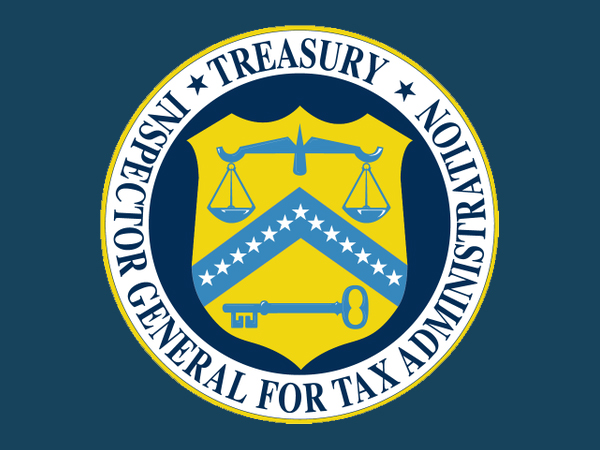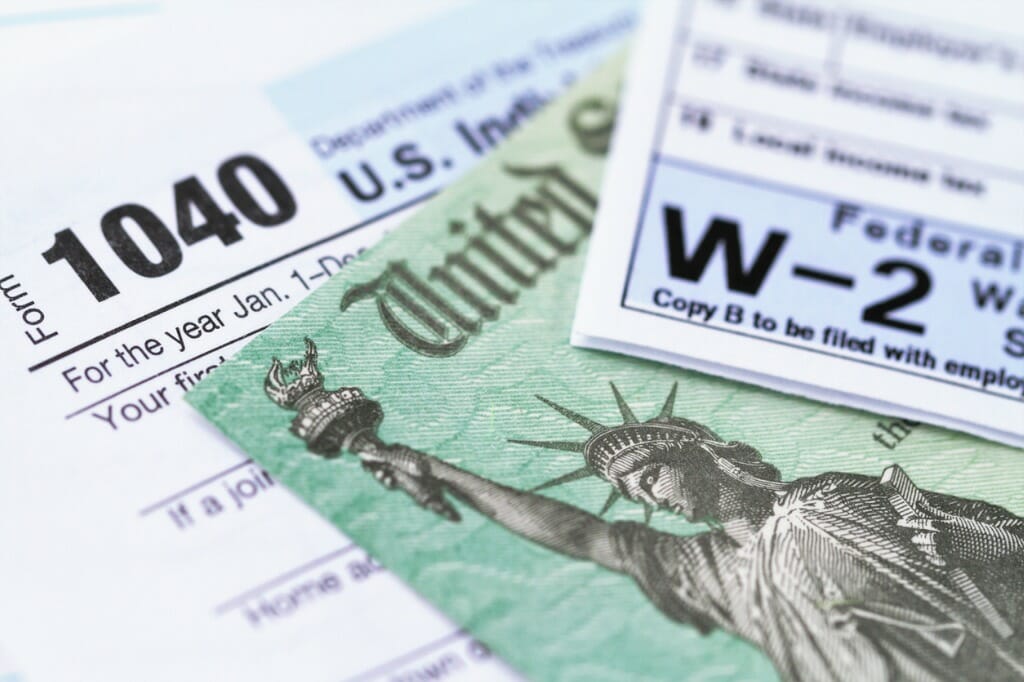Advance Child Tax Credit Payments
The American Rescue Plan enacted in March increased the child tax credit benefit for 2021 and directed the IRS to deliver direct payments to eligible families beginning in July. The credit increased from $2,000 to $3,600 for a child under age 6 and to $3,000 for a child age 6-17.
The payments are worth up to $300 per month for each child under age 6, and up to $250 for each child ages 6 to 17. They will be deposited to recipient’s accounts close to the 15th of each remaining month for 2021.
Normally, parents would claim the credit as a lump sum on their annual tax returns, lowering their overall tax bill or resulting in a refund.
The credit owed is ultimately determined by 2021 income and will have to be reconciled on next year’s tax return. That means individuals who got a new job or received a raise in 2021 may find themselves owing money to the government if their monthly payment was too high.
People might also receive too much in monthly payments if they have a child who no longer qualifies as a dependent in 2021, but was accurately claimed on the 2019 or 2020 tax return. The law does offer some repayment protection in those cases for lower-income households.
In a letter currently being sent to taxpayers, the IRS has explained that taxpayers don’t have to do anything to begin receiving the Advance Child Tax Credit payments (assuming they are otherwise eligible) for 2021.
The letter also states that taxpayers may choose to opt out of receiving the advance payments. For more information on opting out and for reasons you may want to consider this option, check out this list of FAQs provided by the IRS.
The IRS has also provided helpful tools here, including a new Child Tax Credit Eligibility Assistant and Child Tax Credit Update Portal.
This website has two links, the first interactive link will allow taxpayers to unenroll from any potential advance payments. Using the second link, the nonfiler sign-up link on the same website, non-filers who aren’t required to file a tax return and haven’t submitted information to prove their eligibility for the ACTC can provide their information.
If you have any questions on this announcement or your filing for next year, please contact your Whalen advisor for assistance.



 TIGTA (
TIGTA (
 The Treasury Department and
The Treasury Department and 
 As the latest round of stimulus payments have started hitting some bank accounts, The IRS has updated the
As the latest round of stimulus payments have started hitting some bank accounts, The IRS has updated the 
 The IRS announced that the nation’s tax season will start on Friday, February 12, 2021, when they will begin accepting and processing 2020 tax year returns.
The IRS announced that the nation’s tax season will start on Friday, February 12, 2021, when they will begin accepting and processing 2020 tax year returns.